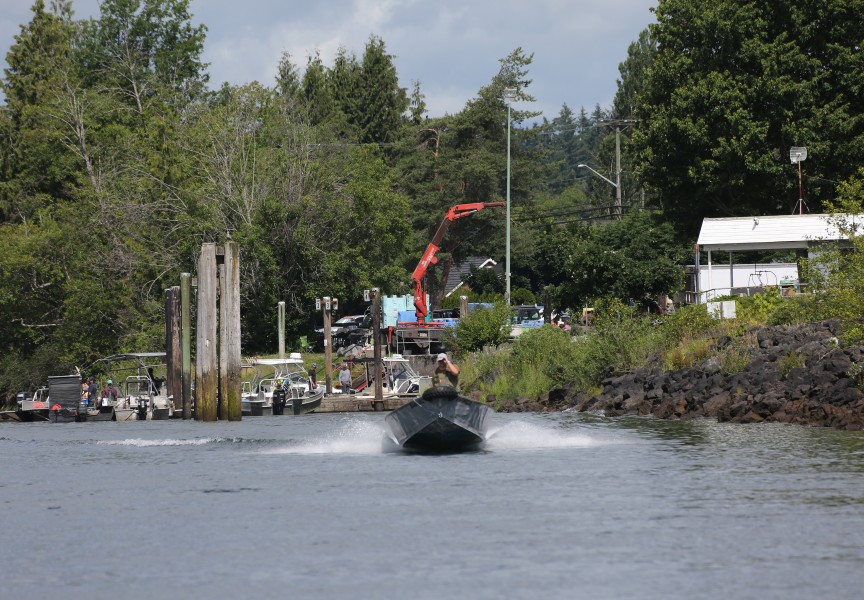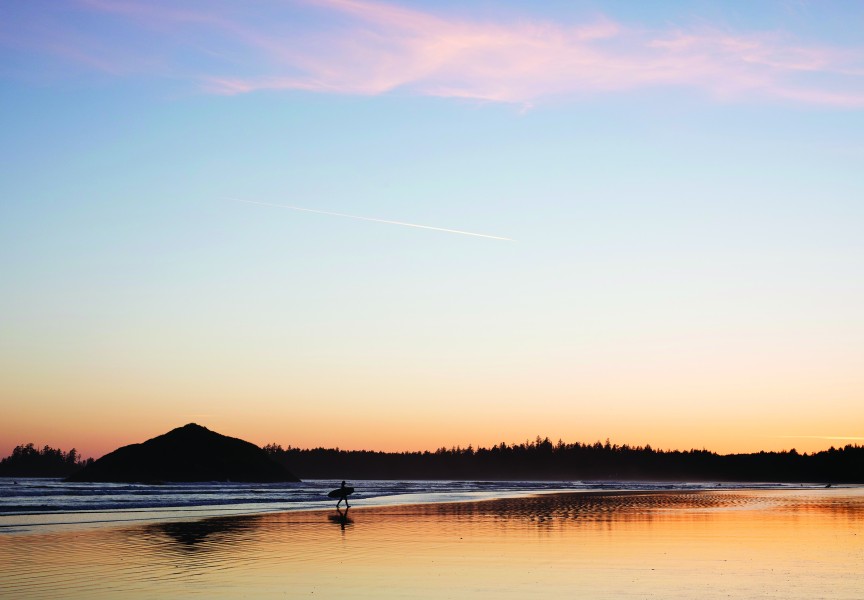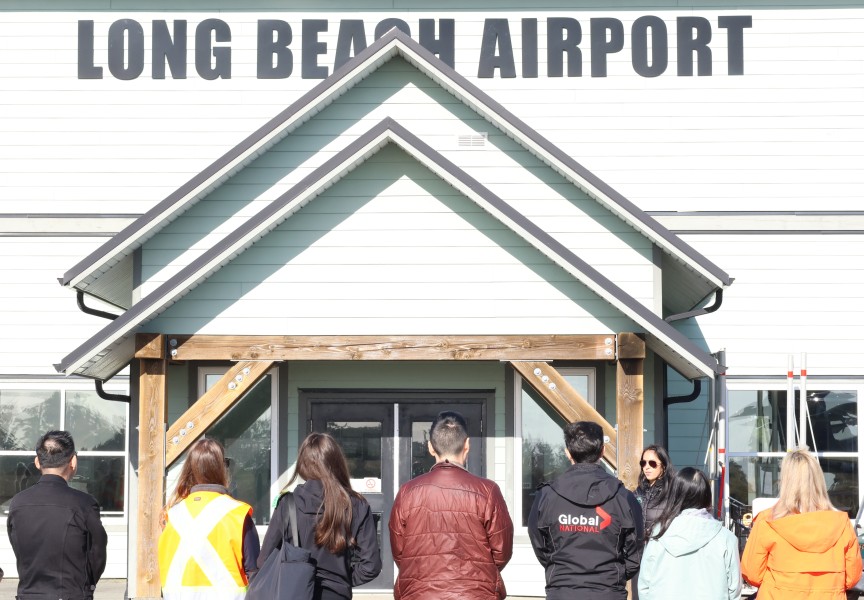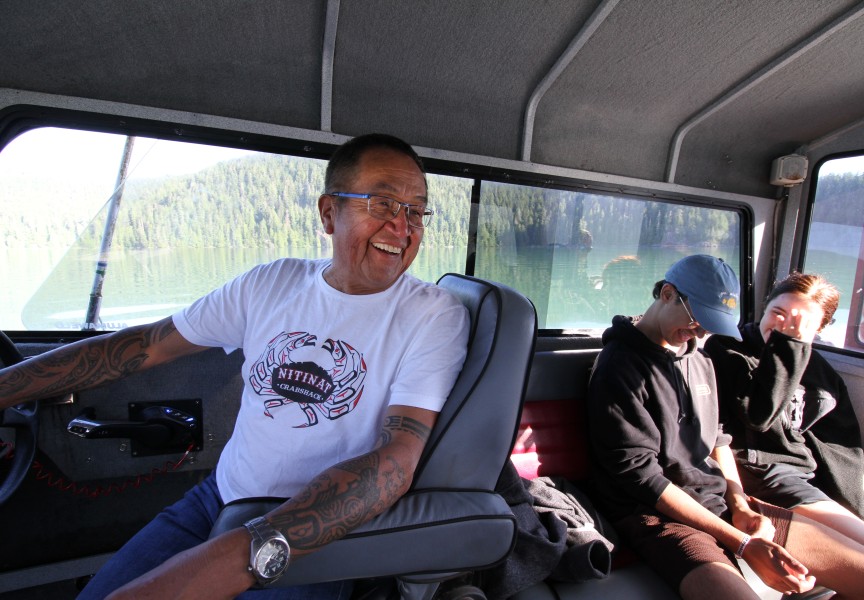As the COVID-19 pandemic was dragging on in 2020 and the situation was looking bleak for her Indigenous tourism business, Naomi Nicholson knew one place she could count on for support.
Nicholson, who owns and operates Chims Guest House in Port Alberni with her husband Ed, was fortunate to receive a $25,000 grant last year from the Indigenous Tourism Association of Canada (ITAC) to help keep her business afloat.
Because of pandemic restrictions, Chims closed in March of 2020 and did not reopen until this past September.
The ITAC grant, however, was a welcome relief for Nicholson since the Chims closing meant she had no revenue coming in from her business.
Nicholson is disappointed to hear that ITAC might not be around much longer.
Shortly after details of last month’s federal budget were announced, ITAC officials announced they were close to insolvency, which would no doubt severely damage the Indigenous tourism industry across the country.
Nicholson said it would be extremely disappointing if ITAC was no longer able to operate.
“To me it would mean that the government has won,” she said. “Unfortunately, it would silence a voice.”
ITAC officials had received $16 million in federal funding in 2020. With that money the association was then able to provide $25,000 worth of grants each to 683 Indigenous tourism businesses across Canada.
ITAC had requested a further $18.3 million in federal assistance. But when the federal budget was released in April, Indigenous Services Canada recommended that just $2.4 million be allocated to ITAC.
“It’s really devastating,” said ITAC’s CEO and president Keith Henry about the fact his association could indeed be shut down soon. “We have to be responsible legally. As of June 1, we can’t make any payments to anyone.”
This could be devastating news to Indigenous tourism businesses across Canada. Many operators have been reeling since the start of the pandemic, since they have been unable to open their doors and have been forced to run at less than capacity.
“I don’t know how we got here,” Henry said. “I hope it will turn around. I can’t believe it. We’re all in shock. We have to follow legal steps. We have been driven into insolvency.”
ITAC officials, however, continue their lobbying efforts to secure more federal funding.
Nicholson said the demise of ITAC would be immense not just for her but for other Nuu-chah-nulth tourism operators and as well as for businesses across the country.
“Canada would not be able to showcase all it can Indigenous-wise,” she said.
Prior to the pandemic, there were about 1,900 Indigenous tourism businesses across the country. Henry said almost 60 per cent of those are now closed.
And he had no way of telling how many of those businesses were closed permanently or whether they were simply waiting for the end of the pandemic to possibly reopen.
Nicholson believes many more Indigenous tourism businesses will cease their operations if ITAC is no longer around.
“I think a lot of us would close up shop because the traffic ITAC generates is huge,” she said.
Nicholson believes some small businesses would try their best to remain afloat. And they would continue to advertise their services as best they could.
But Nicholson feels any type of advertising that is generated would not be able to come close to equaling the impact an ITAC promotion on any business would have.
“People will try but they will have a tough time,” Nicholson said. “They might have a tough time trusting me, but if ITAC mentions my business more people would listen to that.”
No doubt some Nuu-chah-nulth businesses were hoping for some more financial assistance from ITAC in 2021.
Nicholson said businesses will not just suffer financially if they do not get any support from ITAC.
“They’re going to lose the whole package of other services ITAC provides like marketing and media,” she said. “ITAC is not just about grants. They help you with your (administrative) paperwork and other things like marketing and media.”
One federal politician that Henry does have a lot of praise for is Gord Johns, the MP for Courtenay-Alberni.
“He has been a leader and trying to champion Indigenous tourism businesses, not only in Nuu-chah-nulth territory but all of Canada,” Henry said.







